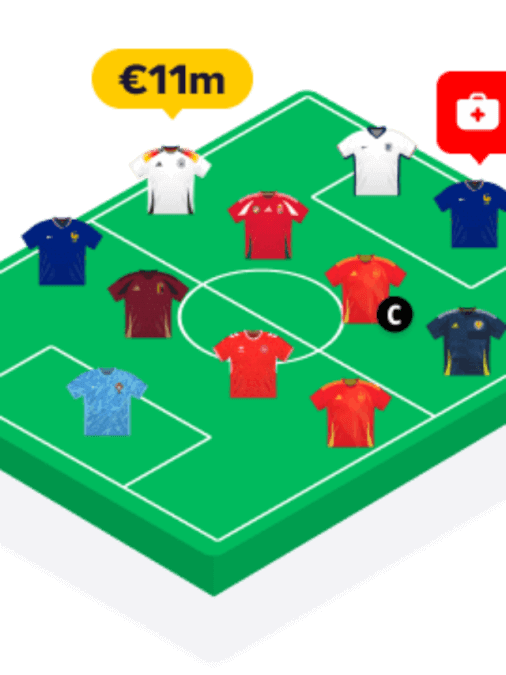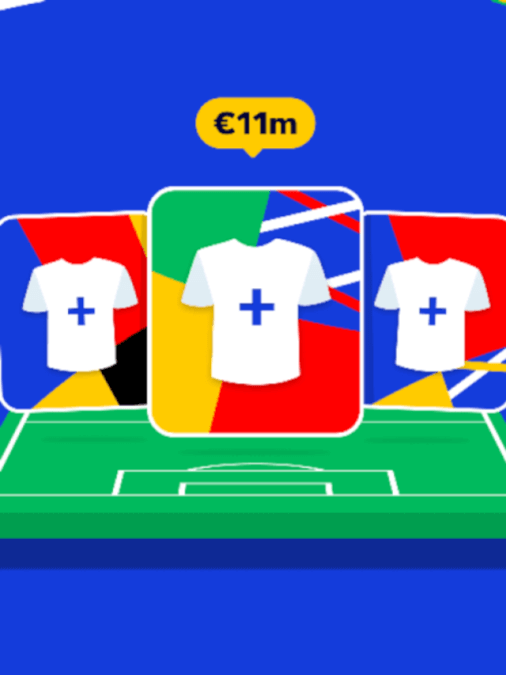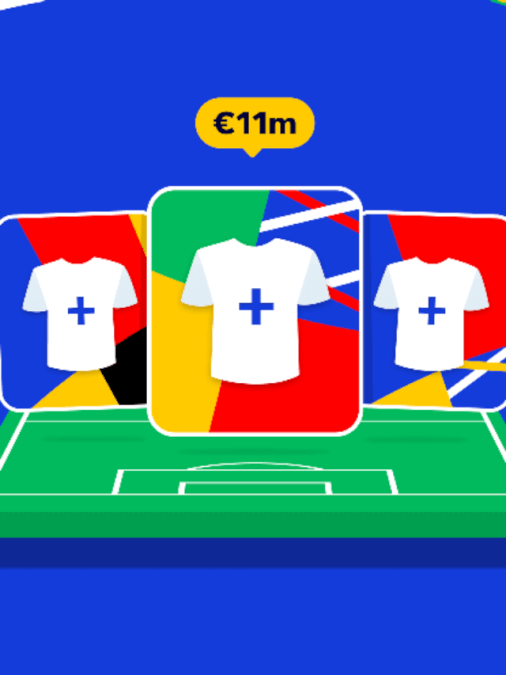This article explores the various ways football (soccer) coaches can effectively position their youth players, ensuring they not only find their place on the field but also thrive in their chosen role.
Player Assessment: Unveiling Potential
The first step in effective player positioning is a thorough assessment of each young athlete. Here, coaches act as talent scouts, evaluating a player’s:
- Physical Attributes: This includes aspects like size, speed, strength, and agility. While size can be a factor, our article on The Best Football Positions for Different Body Types in Youth Football emphasizes that players of all builds can excel in different positions.
- Technical Skills: Coaches assess a player’s ball control, passing accuracy, shooting technique, and dribbling ability.
- Mental Attributes: Qualities like focus, decision-making, leadership, and communication all play a significant role in success.
Gathering Insights:
- Observation: Observing players during training sessions and game situations provides valuable data. How do they react in different scenarios? What positions seem to come naturally to them?
- Tools and Resources: While assessment is primarily based on observation and experience, coaches can utilize tools like our Youth Football Player Position Suggestor to gain further insights based on a player’s strengths and weaknesses. This tool can be a great starting point for coaches and parents working together to determine the most suitable positions for young players.
Positional Training: Cultivating Skills
Once coaches have a better understanding of a player’s potential, they can provide them with specialized training for specific positions. This involves:
- Drills and Exercises: Tailored drills can enhance the specific skills required for each position. For instance, midfielders might focus on drills that improve passing accuracy and vision, while defenders practice tackling techniques (check out our articles on 13 Football Position Drills to Improve Skills by Role and Top 10 Skills Every Youth Footballer Should Master Based on Their Position).
- Experimentation: It’s important for young players to try different positions initially. This experimentation allows them to discover their strengths and preferences while developing a well-rounded skillset.
Mental Coaching: Building Confidence
The best young footballers possess not only physical and technical prowess but also a strong mental foundation. Coaches play a crucial role in developing a player’s:
- Confidence: Providing positive reinforcement, celebrating achievements, and offering constructive criticism all contribute to building a player’s self-belief.
- Resilience: Helping players cope with setbacks, learn from mistakes, and bounce back from challenges is essential.
- Positive Mindset: Encouraging a positive attitude, a focus on improvement, and a love for the game fosters a healthy approach to the sport.
Communication and Guidance: Fostering Collaboration
Effective communication and guidance are key to a successful coach-player relationship when it comes to positioning:
- Open Communication: Coaches should create a safe space where players feel comfortable expressing their preferences and concerns about positioning.
- Individualized Support: Each player’s journey is unique. Coaches should tailor their guidance and support to meet the individual needs and learning styles of each athlete.
- Positive Environment: Cultivating a supportive and positive team environment is crucial for fostering trust and open communication.
Frequently Asked Questions (FAQs)
Q: Should I focus on developing skills for one specific position early on?
A: While a general idea of a player’s strengths is helpful, don’t overspecialize too early. A strong foundation of core football (soccer) skills is essential for all positions. Our article on How to Transition Between Football Positions: Tips for Youth Players discusses the benefits of a flexible approach and how to effectively transition between positions if needed.
Q: How can I help my child determine their preferred position?
A: Observe your child during training sessions and games to see which roles they seem to enjoy and excel at. You can also discuss their preferences and interests with them. Our Youth Football Player Position Suggestor can also provide valuable insights.
Q: What if my child is struggling to find their ideal position?
A: Don’t worry, it’s a common experience. Encourage them to keep trying different positions and explore their options. With time and patience, they will likely discover their best fit.
Key Takeaways
- Player Assessment: Evaluate players’ strengths, weaknesses, and physical attributes.
- Positional Training: Provide specialized training for different positions.
- Mental Coaching: Support players’ mental development and build confidence.
- Communication and Guidance: Foster open communication and provide individualized support.
By understanding and implementing these key roles, football (soccer) coaches can play a significant role in helping young players find their ideal position, unleash their potential, and embark on a fulfilling journey in the sport.









